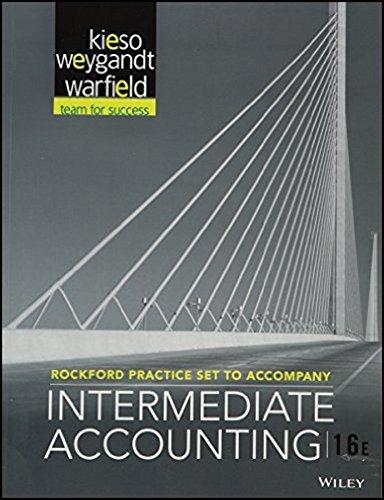Question
Question 1: Preference decisions compare potential projects that meet screening decision criteria and will be ranked in their preference order to differentiate between alternatives with
Question 1:
Preference decisions compare potential projects that meet screening decision criteria and will be ranked in their preference order to differentiate between alternatives with respect to all of the following characteristicsexcept________________________________________.
feasibility
importance
desirability
political prominence
Question 2:
You are explaining time value of money factors to your friend. Which factor would you explain as being larger?
The future value of $1 for 12 periods at 6% is larger
the present value of $1 for 12 periods at 6% is larger
there is not enough information given to answer this question
neither one is larger because they are equal
Question 3:
You want to invest $8,000 at an annual interest rate of 8% that compounds annually for 12 years. Which table will help you determine the value of your account at the end of 12 years?
present value of an ordinary annuity
present value of one dollar (1$)
future value of an ordinary annuity
future value of one dollar ($1)
Question 4:
Grummet Company is acquiring a new wood lathe with a cash purchase price of $80,000. The Wood Master Industries ( the manufacturer)has agreed to accept $23,500 at the end of each year for the next 4 years. Based on this deal, how much interest will Grummet pay over the life of the loan?
$94,000
$23,500
$80,000
$14,000
Question 5:
Theprocess of reinvesting interest earned to generate additional earnings over time is ________________________________.
discounting
annuity
compounding
lump-sum
Question 6:
Which of the following doesnotassign a value to a business opportunity using time-value measurement tools?
net present value (NPV)
payback period method
internal rate of return (IRR) method
discounted cash flow model
Question 7:
This calculation determines profitability or growth potential of an investment, expressed as a percentage, at the point where NPV equals zero.
new present value (NPV)
discounted cash flow method
future value method
internal rate of return (IRR) method
____________________________________________________________________________________________________________________________________
Step by Step Solution
There are 3 Steps involved in it
Step: 1

Get Instant Access to Expert-Tailored Solutions
See step-by-step solutions with expert insights and AI powered tools for academic success
Step: 2

Step: 3

Ace Your Homework with AI
Get the answers you need in no time with our AI-driven, step-by-step assistance
Get Started


